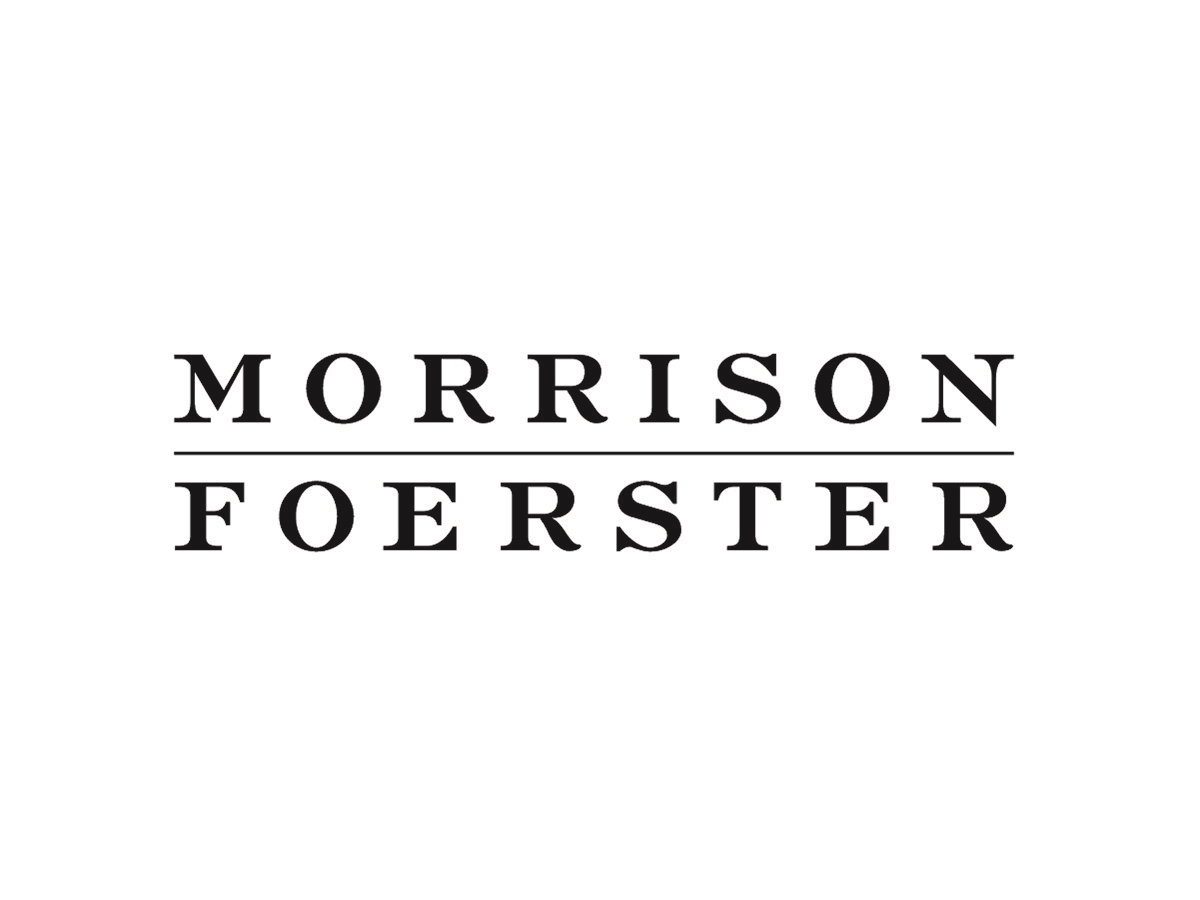
Strict liability is the “strong medicine” that the federal securities laws impose for misleading statements made in connection with initial public offering documents. That strict liability regime attracts a steady stream of securities class actions when a newly public company’s stock price falls below its IPO price. In the last few years, direct listings emerged as a potential cure for these cases. As direct listings have become more popular, one benefit has been the potential that they would eliminate liability under the Securities Act of 1933. Not so, according to the Ninth Circuit’s recent 2–1 decision in Pirani v. Slack Technologies,[1] which sided with investors in closing off what it perceived as a “loophole” large enough to undermine the remedial purpose of the Securities Act. The Slack decision is at odds with decisions by other courts of appeal and may make the Ninth Circuit a plaintiff-friendly jurisdiction for securities class actions involving direct listings.
Backdrop
In a direct listing, companies do not issue any new shares. Instead, companies file a registration statement with the SEC for the sole purpose of allowing existing shareholders to sell their shares. There are many perceived business advantages of a direct listing, including avoiding long lock-up periods for insiders and the costs of underwriting by investment banks.
In theory, litigation risk would also be minimized. That is because under longstanding precedent, only shareholders who purchase a security registered under the challenged registration statement have standing to sue. When registered and unregistered shares are simultaneously issued (and mixed in the market), as in the case of a direct offering, it becomes difficult, if not impossible as a practical matter, for investors to show that the securities they purchased were issued pursuant to the challenged registration statement.
Slack went public through a direct listing in 2019. At its IPO, Slack released a combination of registered and unregistered shares simultaneously. A purchaser of those shares later sued after Slack’s stock declined, claiming IPO documents were materially false and misleading. He had no proof that his shares were registered in connection with Slack’s IPO. This raised a question of “first impression,” according to the majority opinion, about whether a stockholder has standing to sue if the stockholder cannot show the shares he or she purchased were issued under the allegedly false or misleading registration statement.
Analysis
The Ninth Circuit’s Slack decision adopted an expansive view of shareholder standing. In relevant part, Section 11(a) of the Securities Act of 1933 provides:
In case any part of the registration statement, when such part became effective, contained an untrue statement of a material fact or omitted to state a material fact required to be stated therein or necessary to make the statements therein not misleading, any person acquiring such security . . . may, either at law or in equity, in any court of competent jurisdiction, sue—(1) every person who signed the registration statement . . . .
The Ninth Circuit grappled with the meaning of the bolded phrase “such security” in the context of a direct listing, where only one registration statement exists and where registration and unregistered securities are offered to the public at the same time, based on the existence of one registration statement.
The court concluded that Slack’s unregistered shares sold in its direct listing are “such securities” within the meaning of Section 11. The court reasoned that “their public sale cannot occur without the only operative registration in existence.” Given that Slack only had one registration statement, the court did not perceive any traceability challenges that exist in situations where there are successive registration statements, as when a company has a secondary offering after an initial public offering. Accordingly, the Court held: “All of Slack’s shares sold in this direct listing, whether labeled as registered or unregistered, can be traced to that one registration.”
The court expressed concern that a stricter standing requirement in the context of direct listings would incentivize companies “to file overly optimistic registration statements accompanying their direct listings to increase their share price, knowing that they would face no shareholder liability under Section 11 for any arguably false or misleading statements.” That would, according to the court, “create a loophole large enough to undermine the purpose of Section 11 as it has been understood since inception.”
Takeaways
The Slack decision may make it easier for investors to bring securities class actions against companies that go public through direct listings.
As Judge Miller pointed out in dissent, the opinion clashes with 50 years of precedent that strictly construes standing to be limited to those who can trace their securities to the challenged registration statement. Judge Miller criticized the court’s opinion for being policy driven, rather than grounded in statutory interpretation. The ruling arguably puts the Ninth Circuit in conflict with every other court of appeals. Plaintiffs are likely to perceive the Ninth Circuit as a more favorable forum for these securities class actions.
In these circumstances, it is possible that the Supreme Court will need to weigh in to articulate a uniform standard that applies in all courts to provide clarity on this important question and to curb forum shopping.
[1] Pirani v. Slack Technologies, No. 20-16419 (9th Cir. Sept. 21, 2021).
[View source.]
"direct" - Google News
September 23, 2021 at 09:08PM
https://ift.tt/3u50AQJ
Removing The Slack On Direct Listings: The Ninth Circuit Expands Standing In Favor Of Investors Who Bring Class Actions Related To Initial Public Offerings - JD Supra
"direct" - Google News
https://ift.tt/2zVRL3T
https://ift.tt/2VUOqKG
Direct
Bagikan Berita Ini














0 Response to "Removing The Slack On Direct Listings: The Ninth Circuit Expands Standing In Favor Of Investors Who Bring Class Actions Related To Initial Public Offerings - JD Supra"
Post a Comment